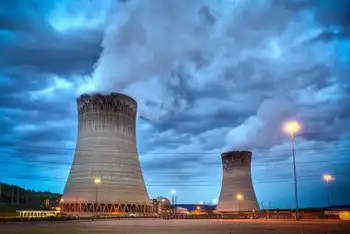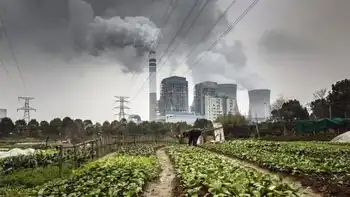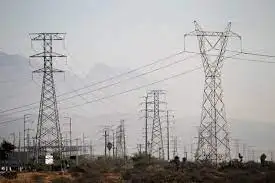AECL, China to extend nuclear fuel resources
The agreement is to jointly develop the technology for the use of uranium recovered from the spent fuel of light water reactors in China, and to be used in the CANDU reactors in China, located southwest of Shanghai. The planned development program will involve scientists and engineers from Canada and China but would not be implemented in Canada.
AECL's President & Chief Executive Officer Hugh MacDiarmid, visiting Beijing with a delegation of Canadian premiers and business leaders, noted that this demonstration project paves the way for China to secure fuel supply for up to 17,000 MW from its CANDU fleet by utilizing recovered uranium from spent fuel discharged by the 58,000 MW of light water reactors China plans to build by 2020.
"CANDU nuclear technology has the potential to make a major contribution to reducing China's dependence on imported nuclear fuel resources as it complements China's light water reactors, which produce the bulk of its nuclear power. We plan to follow this agreement with a similar program to demonstrate the CANDU reactor's capability to use China's abundant thorium resources."
This agreement follows closely on TQNPC's 5th anniversary ceremony celebrating the completion of the Qinshan Phase III CANDU nuclear power plant located southwest of Shanghai. Hailed by China's President Hu Jintao as a "model for Canada-China cooperation" and the largest infrastructure project ever undertaken between Canada and China, the Qinshan Phase III nuclear power plant incorporates two 728 MWe CANDU 6 PHWR reactors designed by AECL and built in cooperation with TQNPC.
Mr. MacDiarmid noted that thorium has been identified as possibly China's largest potential energy resource. "Demonstration of the use of thorium in CANDU reactors will not only mark a significant step towards China's quest for energy sustainability, but will also be of great interest in many other countries, including Canada."
AECL has investigated thorium fuels for over 45 years, including tests in a prototype CANDU power reactor in Canada, with very promising results.
Related News

Nuclear plants produce over half of Illinois electricity, almost faced retirement
CHICAGO - Nuclear plants have produced over half of Illinois electricity generation since 2010, but the states two largest plants would have been retired if the state had not created a zero emission credit (ZEC) mechanism to support the facilities.
The two plants, Quad Cities and Clinton, collectively delivered more than 12 percent of the states electricity generation over the past several years. In May 2016, however, Exelon, the owner of the plants, announced that they had together lost over $800 million dollars over the previous six years and revealed plans to retire them in 2017 and 2018.
In December 2016, Illinois passed the Future Energy Jobs Bill, which established a…





